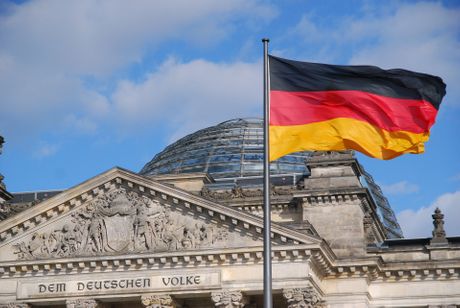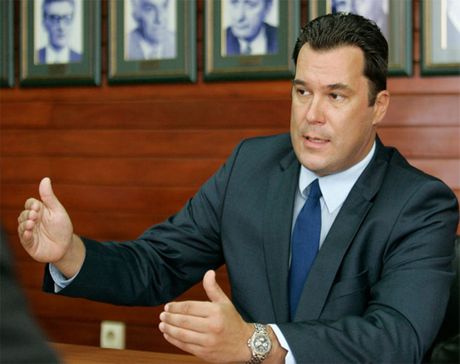What Germans told us: Serbia's EU path is valid, not much room for maneuver regarding Russia sanctions

In the previous two days, Serbia and Germany intensified high-level communication, and a day after the visit of German Defense Minister Christine Lambrecht to Belgrade and two days after the meeting between Serbian President Aleksandar Vucic and German Chancellor Olaf Scholz, analysts assess that Germany is interested in continued EU path of of Serbia and all countries in the region.
"It has been said metaphorically that membership is not a 'mirage'. What we could hear is that the path to the European Union is still valid and that, on the other hand, some processes need to be initiated in order to put Serbia in a position to be credible on that path," Dr. Neven Cveticanin, President of the Forum for Strategic Studies (FORST), has told Telegraf.rs.
Stating that the meeting between President Vucic and Olaf Scholz was the first official meeting, Cveticanin explained that during those first meetings, it is usually assessed "what the other side can offer" and what the interlocutor is like.
"I believe that a part of the agenda remained inaccessible to the public, as it is usually done in diplomacy, not to alarm the public until there is something concrete, so we can only speculate about a part of the conversation that took place," he said.
In addition to the continuation of European integration, which includes internal reforms in Serbia, there are also processes related to the dialogue between Belgrade and Pristina on the normalization of relations, as well as the management of the processes in Bosnia and Herzegovina (BiH).
"I'm almost certain when the president of Serbia said that we would keep our word and maintain stability, that this referred to BiH. Serbia has absolutely not been a cause of instability, neither in BiH nor in Kosovo. We have been patient and tolerant and now the only question is what we can get for that," said Cveticanin.
Asked how much room for maneuver Serbia has when it comes to sanctions against Russia, Cveticanin believes that this space is not big, but that what is preserving this space - and he says it is clear to everyone in the EU, Paris, Berlin - is that any excessive pressure on Serbia would be counterproductive.

"That does not mean that Serbia should act nonchalantly and postpone the profiling of its foreign policy, that is, it means that Serbia should deliver what is expected of it, above all peace and stability," said Cveticanin.
Faculty of Political Sciences professor Stefan Surlic touched on the dialogue between Belgrade and Pristina, assessing that Germany is intensifying the dialogue in order to reduce Russia's influence in Serbia and in the Western Balkans.
"I expect that Germany will intensify the issue of the dialogue between Belgrade and Pristina, because it believes that Kosovo is an essential topic that burdens relations in the entire region. They believe that resolving the status of Kosovo in the final agreement is something that will reduce Russia's influence on the Western Balkans," he said.
Surlic assessed that Prime Minister of the Provisional Authorities of Pristina Albin Kurti with his unchanged views after the talks in Berlin was merely sending messages to the domestic public, which is unprepared for any compromise with Belgrade.
"They will try to offer Kosovo as some kind of satisfaction the visa liberalization, or maybe membership in the Council of Europe. Germany has already indicated that. In return, Pristina will implement what has already been agreed, including the Community of Serb Municipalities. And only then there is talk about some final compromise between Belgrade and Pristina," Surlic told Tanjug.
Surlic sees Serbia's position regarding the possible imposing of sanctions against Russia as very difficult, and says that the EU expects us to join at least some package of sanctions.
"The meeting with German Chancellor Olaf Scholz has given additional room for maneuver to Serbia, but I believe that, if the war continues, those demands, and even ultimatums, will be stronger. Above all coming from the EU. They will demand some kind of loyalty when it comes to relations with Russia," he said.
(Telegraf.rs)
Video: Predsednik Srbije sa Makronom na večeri
Telegraf.rs zadržava sva prava nad sadržajem. Za preuzimanje sadržaja pogledajte uputstva na stranici Uslovi korišćenja.

